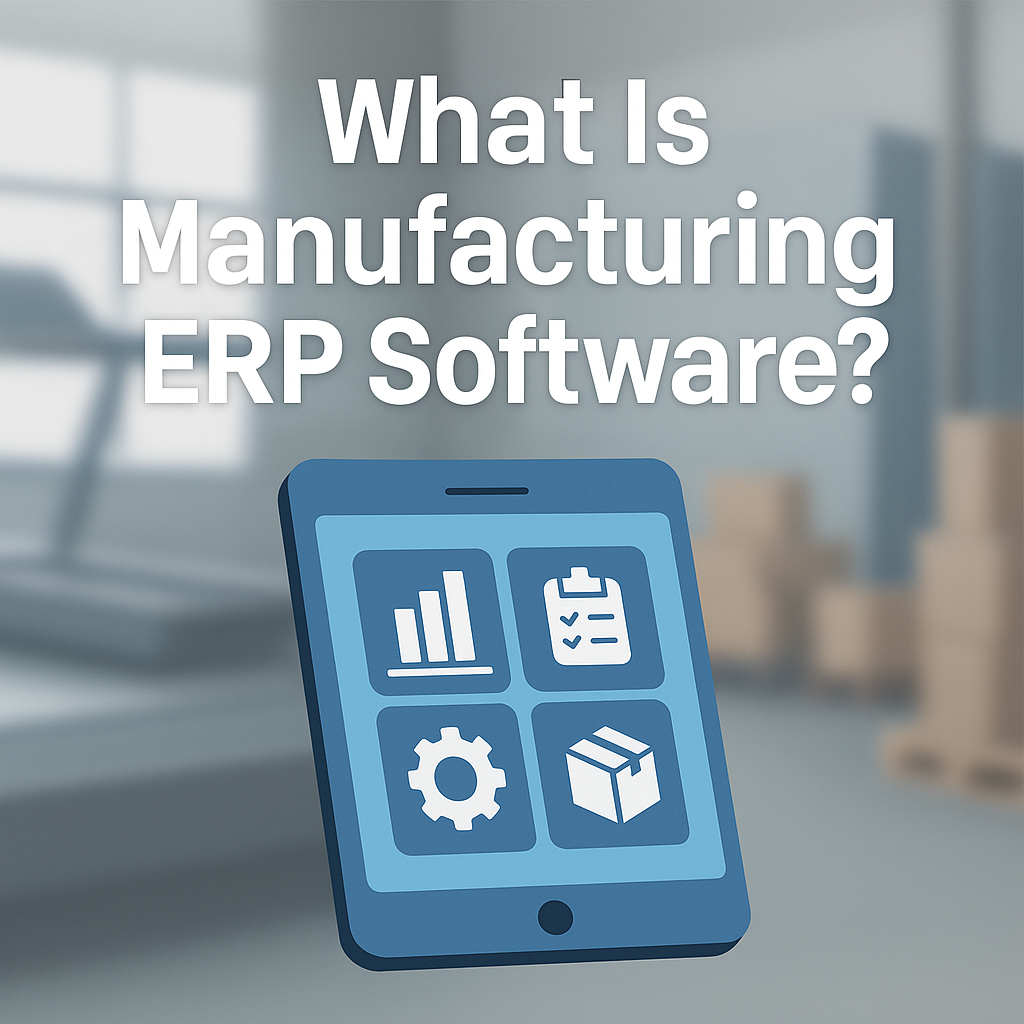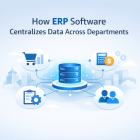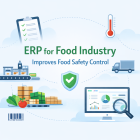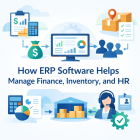Running a manufacturing business is like juggling. You’ve got raw materials to track, orders to manage, products to make, and finances to keep in check. When all of this is done manually or with separate tools, it can feel overwhelming. That’s where Manufacturing ERP (Enterprise Resource Planning) software comes in—a powerful ERP solution that streamlines everything, making your operations smoother and more efficient. It’s like having a smart assistant that helps you manage everything in one place.
What Is Manufacturing ERP Software?
Manufacturing ERP software is a digital tool that connects everything you need to run your factory—inventory, production, orders, and finances—into one simple system.
Instead of jumping between different tools to check stock, schedule production, or track payments, you get a clear view of everything in one place. It’s not just about saving time—it’s about avoiding confusion and making sure nothing falls through the cracks.
Imagine this: A customer places an order. Without ERP, you’d manually update your inventory, figure out the production schedule, and track the order’s delivery. But with ERP, it all happens automatically. The system updates stock, schedules production, and even sends a shipping notification—all without you lifting a finger.
Why Your Business Needs Manufacturing ERP
Manufacturing ERP ismore than just a fancy tool—it transforms your business. Here’s why it matters:
It Makes Work Faster and Easier
With ERP, you don’t waste time doing the same task over and over. Tasks that used to take hours, like updating stock levels or creating invoices, happen instantly. You can even set up automatic alerts for machine maintenance, so your equipment stays in top shape without any guesswork.
It Keeps Your Inventory Under Control
Ever had a customer order a product only to realize you’re out of stock? With ERP, that’s less likely to happen. You can see your inventory levels in real-time. If you’re running low on raw materials, the system can even suggest reordering before you run out.
It’s like having a perfect memory for your stock—always accurate, always up-to-date.
It Gives You Real-Time Insights
How’s your production going? Are your orders on track? Are your costs under control? With ERP, you don’t have to guess. The system shows you live data on your production, sales, and finances.
If a machine is slowing down, you see it right away. If an order is delayed, you know why without searching for answers. These insights help you fix problems before they become bigger issues.
How Manufacturing ERP Software Works
Manufacturing ERP works by connecting all your business processes into one system. It’s like a network that pulls information from every part of your factory—inventory, production, orders, and finances—and brings it all together.
Connecting Everything Seamlessly
You don’t have to give up the tools you already use. ERP can connect with your existing systems, like your accounting software, your customer management tool, or your supply chain app. This means you get all the benefits of ERP without having to start from scratch.
Automating Routine Tasks
One of the best things about ERP is automation. It takes care of the boring, repetitive tasks that eat up your time. When an order comes in, the system checks your inventory, schedules production, and updates your records—automatically.
If a machine needs maintenance, the system can send you a reminder. It’s like having a reliable assistant who never forgets.
Choosing the Right Manufacturing ERP
Not all ERP systems are the same. Choosing the right one can make a huge difference in how smoothly your business runs. Here’s how to find the best fit for you:
Understand Your Needs
Every manufacturing business is different. Maybe you need better inventory tracking, or maybe you struggle with production delays. Knowing what you need helps you choose an ERP that actually solves your problems.
Keep It Simple
ERP should make your work easier, not harder. Look for a system with a clean, easy-to-use interface. If your team finds it confusing, it won’t help them work faster.
Make Sure It Fits
The best ERP is one that works with your existing tools. If you already use an accounting app or a customer management system, make sure your ERP can connect with them. This way, you get a smooth transition without losing important data.
Think About Costs
ERP is an investment, but it should be one that pays off. Look beyond the price tag. Consider the cost of training, support, and any future upgrades. Sometimes, a cheap ERP ends up costing more because it lacks important features.
Get Reliable Support
Even the best software can run into problems. Make sure your ERP provider offers good customer support. Quick help can save you a lot of stress if something goes wrong.
How to Set Up Manufacturing ERP the Right Way
Setting up ERP is like moving into a new house—you need a plan. Here’s how to do it smoothly:
Set Clear Goals
What do you want the ERP to do? Do you want faster production? Better inventory tracking? Clear goals help you choose the right settings and train your team properly.
Clean Up Your Data
Before you move to ERP, make sure your data is accurate. Get rid of old records, fix mistakes, and organize your information. This makes the switch smooth.
Train Your Team
An ERP system is only helpful if your team knows how to use it. Set up training sessions so everyone understands what they need to do. Make it easy for them to ask questions.
Test It First
Before you fully switch to ERP, do a test run. This helps you catch any problems early. It’s better to fix issues before they affect your daily work.
Have a Backup Plan
No system is perfect. Even the best ERP can have problems. Make sure you have support available in case you run into issues. Quick help can save you from big headaches.
Why Manufacturing ERP Is Worth It
Manufacturing ERP isn’t just software—it’s a way to make your business better. It connects everything, from inventory and production to orders and finances, so you can see what’s happening in real-time.
Instead of wasting time on repetitive tasks, you focus on growing your business. Instead of guessing your stock levels, you always know exactly what you have. And instead of fixing mistakes, you prevent them.
Whether you’re running a small workshop or a large factory, ERP helps you work faster, make better decisions, and keep your customers happy. It’s an investment that pays off.
